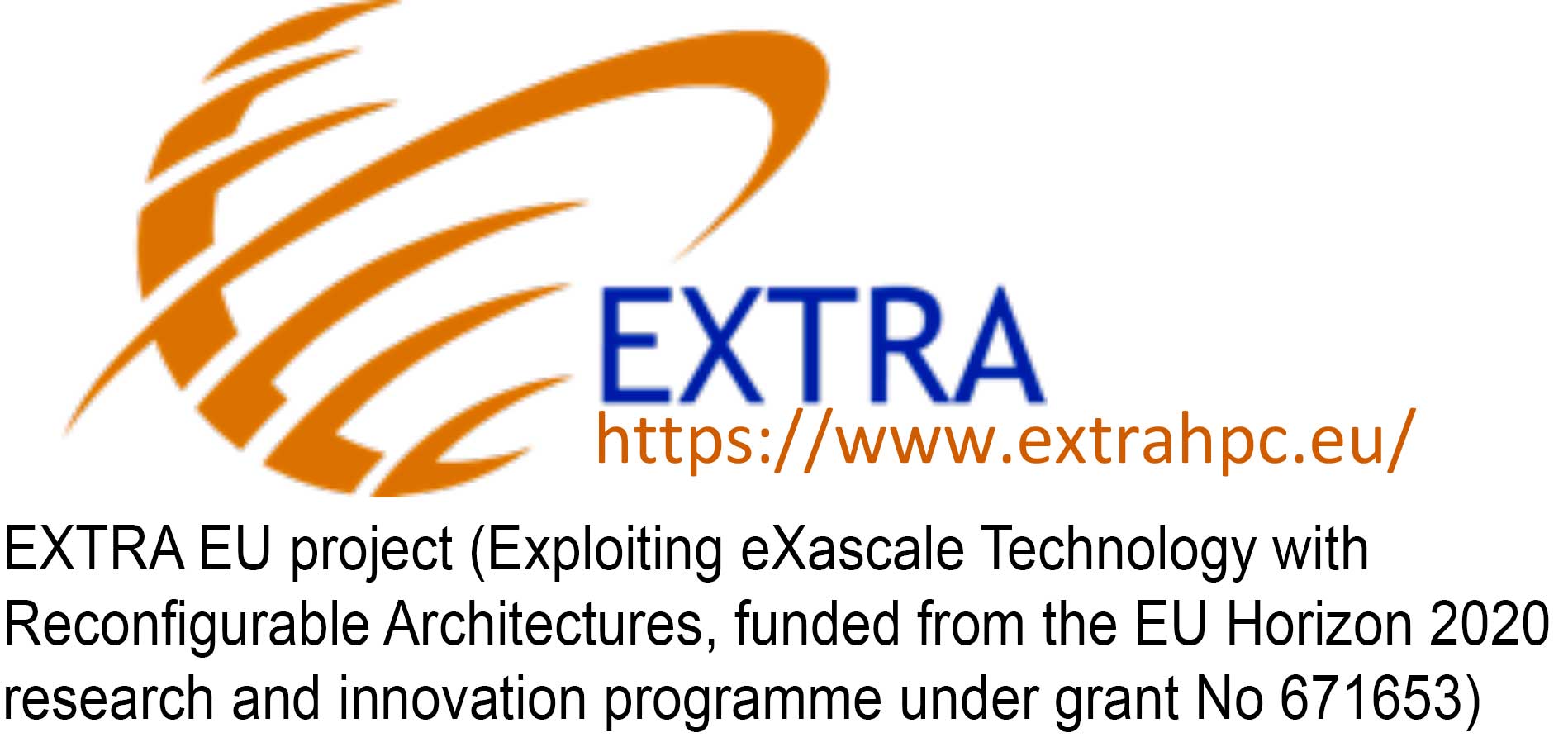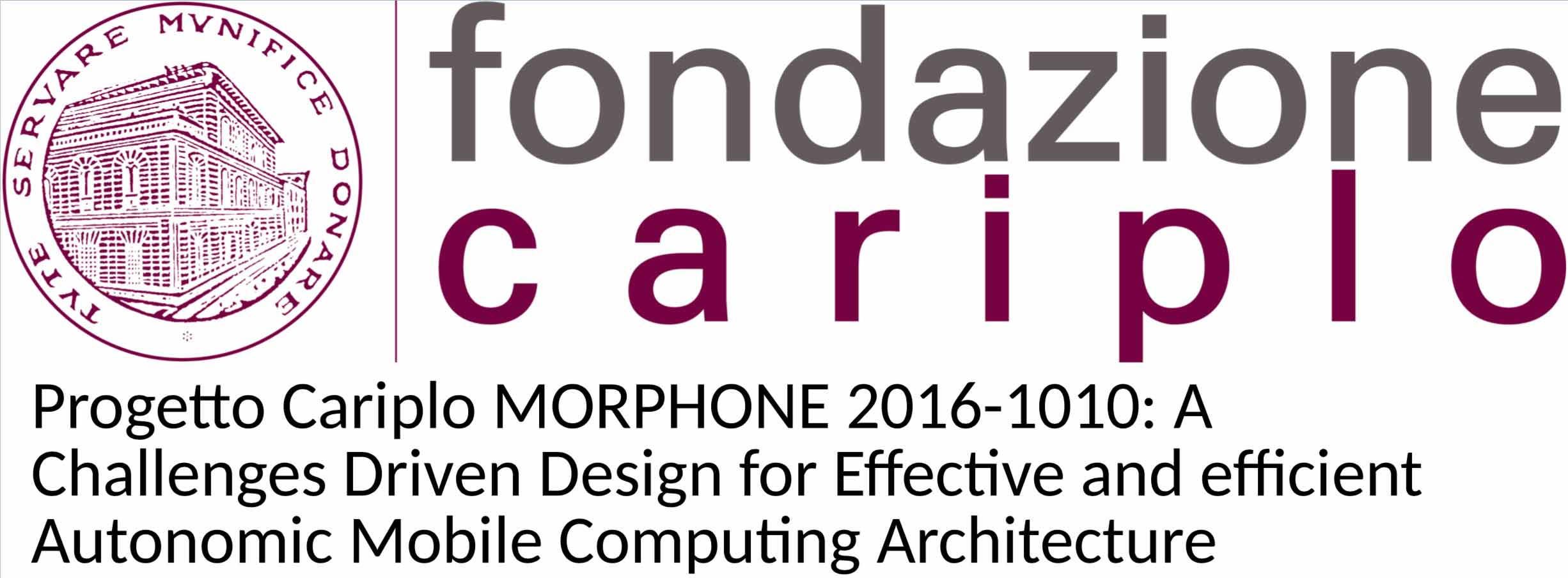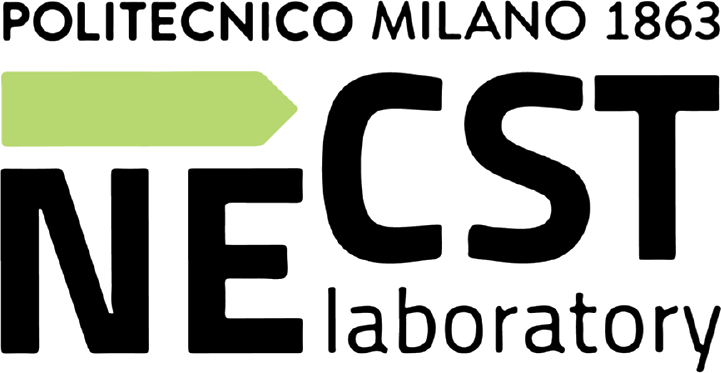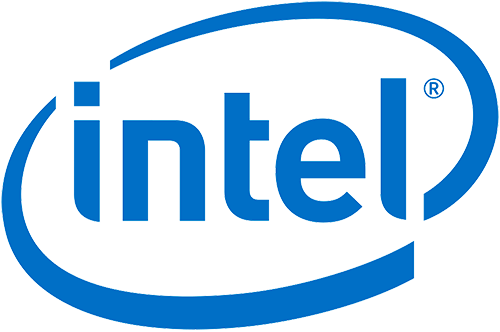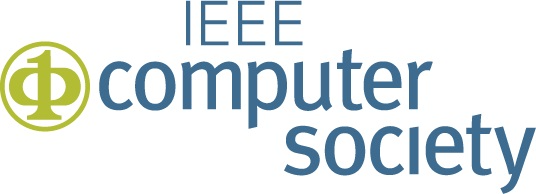Kubernetes is the new Multi Cloud
Speaker
Alessandro De Carolis - Senior DevOps and AWS Cloud Engineer at Storm Reply
Abstract
Multi-cloud is said to be the next stage in cloud computing, but is it true? Do we really need it? Multi-cloud means using more than a single public cloud. That usage pattern arose when enterprises tried to avoid dependence on a single public cloud provider, when they chose specific services from each public cloud to get the best of each, or when they wanted both benefits. At the same time, a new requirement orthogonal to these needs has emerged more and more: avoiding lock-in with a specific cloud provider. In order to achieve both goals, a solution could be to develop native cloud applications (through microservices), with the aid of software that allow distributed computing such as Kubernetes and Docker. This talk will start a systematic review of the current state of the art on the issue of multicloud, and then presents the main features of Kubernetes and its ecosystem, in order to outline a technological platform that meets the needs of multicloud and no-lockin through the development of native cloud applications.
Event Driven Architectures with Apache Kafka on Heroku Platform and Salesforce Platform Events
Speaker
Rocco Sorrentino - Lead Architect at Arlanis Reply
Abstract
In this session we will go through the main characteristics of the Heroku Platform and Salesforce Platform Events. We’ll describe how to design complex architectures to support incoming event streams, data processing pipelines and microservices coordination. We’ll also describe Heroku Platform, the next-generation event streaming system connecting distributed systems, and where it is possible to consume Apache Kafka as a service. With Heroku you needn’t worry about setting up an infrastructure, or configuring and tuning Kafka instances to ensure performance. Heroku also enables new types of intelligent and engagement applications fully integrated with a company ecosystem and we’ll explore how it integrates with Salesforce, through the new Salesforce Events Platform.


